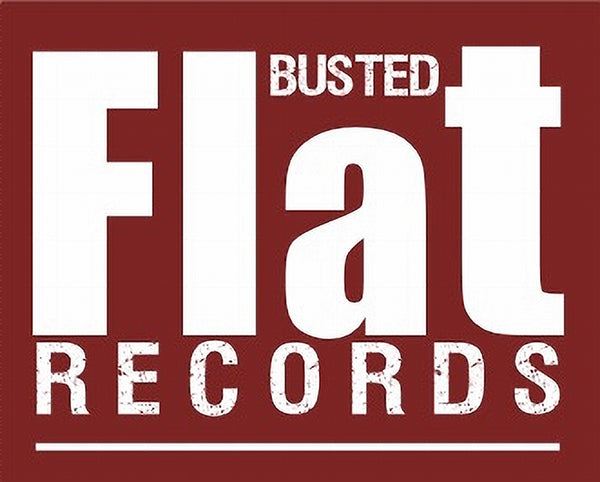Paul MacLeod

Paul MacLeod releases Gauge, his fourth solo record, in the spring of 2011.
The nine-song followup to Bright Eyes Fade is pared back this time – to what MacLeod is known for, and excels at: One man, one guitar, live off any floor.
This is the closest his fans will get to taking home the singer-songwriter’s captivating live show. With songs and musicianship as strong as MacLeod’s, recording becomes an almost spontaneous effort. Gauge was recorded in two short days. And with so few takes to compile an entire album, the humanity of his songs has managed to stay intact – the sparkle of notes played fresh, the tongue in cheek sneer of one song, or the lump in the throat of another.
It’s hard not to get pulled right into the recording. The cheeky opener, Be My Girl, is a finger-picked rag inspired by his collaboration with Canadian blues man Shawn Kellerman. It’s sort of a Hoyt-Axton-meets-Randy-Newman kind of song, and MacLeod plays it as such: impeccably, with a grin on his face, and his foot tapping. On the flipside, both Stop and The Trickster’s universally recognizable pain and dysfunction will give even the most passive listeners pause… if only to let their hearts break just a little.
Another White Band stands out. It’s as angry as you’ll ever hear him, but he’s coated the sentiment inside a three-minute pop song. The ironic, catchy little anthem – “Lift me up, Radio!” – almost dares Big Music to miss the message. Perhaps this song is MacLeod’s way of addressing an industry that too often rewards the basest, most pandering of talent, while leaving its innovators out in the cold.
Also notable on Gauge is Paul’s new arrangement of Teenage Fanclub’s December. It’s a painful and sweet cover, and comes with a stamp of approval from the band themselves – MacLeod and the Fanclub’s Norman Blake hope to collaborate in the future.
It’s Paul’s strong and inventive guitar work and vocal style that gain him fans and respect at every new venue. It’s those same chops that keep him high on other musicians’ speed dials – whether for backup, collaboration, or even just for inspiration. He’s worked, toured, and formed friendships with some of Canada’s hardest working bands. It was considered both honour and duty when, after more than twenty years of performances and friendship, he was invited to play at The Rheostatics’ Good, Gone, Dead weekend of farewell shows. He’s toured the country and parts of Europe as a member of the Skydiggers, supported Martin Tielli on his first solo tour, and plans to record his next album with Danny Michel.
The last three years have been focused on supporting his solo efforts – recording, and touring Canada with other Busted Flat label mates – including Lucas Stagg and Lynn Jackson.
The Paul MacLeod recorded catalogue reaches back more than 20 years. Tell The Band To Go Homewas recorded live from Edmonton’s historic Sidetrack Cafe, when the fresh and exciting young talent was invited to tour Canada with the Skydiggers – as opening act, and as the replacement for departed ‘Digger, Peter Cash. Years later, a more seasoned MacLeod would play the Air Canada Centre, holding the audience in the palm of his hand with his rendition of Jesse Winchester’s Biloxi, a favourite Skydiggers encore. His sparkling and tasteful lead guitar, and his impeccable harmonies can be heard on three ‘Diggers records – Desmond’s Hip City, There and Back, and the Ian Blurton-produced Bittersweet Harmony.
MacLeod’s previous albums are also available through the Busted Flat catalogue – including 2009’s Bright Eyes Fade, with CBC2 favourites Annalisa and Down in the Street, and 2002’s Hawksley Workman-produced Close and Play.
When he’s home, he holds two residencies: The Boathouse in Kitchener, and Jimmy Jazz in Guelph – the latter entering its 15th year as a Monday night Guelph institution.
Shop
Gauge


